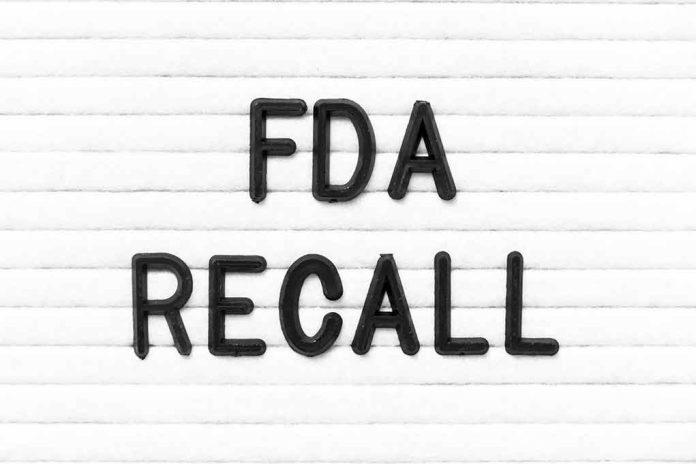
FDA issues urgent recall of oysters from Washington state due to norovirus contamination, marking the fourth such warning in less than a month.
At a Glance
- Oysters harvested by Ruco’s Shellfish from December 2 to 17 in Washington state are potentially contaminated with norovirus.
- Affected oysters were distributed to restaurants in Washington and Oregon, with possible wider distribution.
- Norovirus is highly contagious and the most common foodborne illness in the U.S.
- The FDA and CDC are investigating and monitoring the outbreak amid a national surge in norovirus cases.
- Consumers and businesses are advised to avoid and dispose of potentially contaminated oysters.
FDA Issues Fourth Oyster Recall in Three Weeks
The Food and Drug Administration (FDA) has issued an urgent recall for shellstock oysters harvested by Ruco’s Shellfish from Washington’s Hammersley Inlet, citing confirmed norovirus contamination. This marks the fourth such warning in less than a month, highlighting an alarming trend in food safety concerns. The affected oysters were harvested between December 2 and December 17, potentially exposing consumers in Washington and Oregon to the highly contagious virus.
The recall comes amidst a national surge in norovirus cases, with the Centers for Disease Control and Prevention (CDC) reporting’ 91 outbreaks in the week of December 5 alone. This increase has raised significant concerns about public health and the safety of shellfish consumption.
Norovirus: A Serious Health Threat
Norovirus, known for causing acute gastrointestinal illness, is the most common foodborne illness in the United States. Symptoms typically develop 12 to 48 hours after exposure and include diarrhea, abdominal cramps, nausea, vomiting, and fever. While most people recover within a few days, the virus can lead to severe complications, especially for vulnerable populations.
The CDC reports that norovirus causes an average of 109,000 hospitalizations and 900 deaths annually, with adults aged 65 and older at the highest risk. These statistics underscore the importance of swift action in addressing potential outbreaks and contamination sources.
Oysters: A Common Source of Contamination
Oysters are particularly susceptible to norovirus contamination due to their filter-feeding nature. They can accumulate pathogens present in the water, making them a frequent source of foodborne illness outbreaks. This recall marks the FDA’s 12th oyster-related advisory in the past year, emphasizing the ongoing challenges in ensuring shellfish safety.
“Norovirus outbreaks can also occur from food that is contaminated at the source or on the farm. This can include oysters harvested from contaminated water, or fruit and vegetables sprayed with contaminated water in the field.” – The CDC
The FDA is working closely with state agencies to investigate the source of contamination and remove affected products from the market. Consumers are advised to verify the origin of oysters and avoid raw consumption until the situation stabilizes.
Preventive Measures and Recommendations
In light of the outbreak, the CDC recommends several preventive measures to reduce the risk of norovirus infection. These include thorough hand washing, cooking shellfish properly, washing produce, cleaning surfaces, and staying home when sick. Restaurants and retailers in affected states are instructed to dispose of or return the potentially contaminated oysters.
As the FDA and CDC continue to monitor outbreaks and test shellfish supplies, consumers are urged to stay informed about recalls and exercise caution when consuming oysters and other shellfish. Those who suspect they may have consumed contaminated oysters should seek medical attention if symptoms develop.
Sources:
- FDA issues another recall for oysters over norovirus risk
- Oyster Recall Sparks Fourth Warning by FDA Over Norovirus Fears
- FDA Advises Restaurants and Retailers Not to Serve or Sell and Consumers Not to Eat Certain Oysters from a Portion of Hammersley Inlet Growing Area, Washington State, Potentially Contaminated with Norovirus







